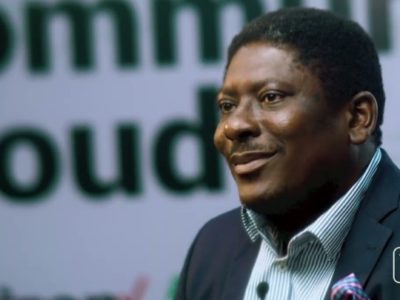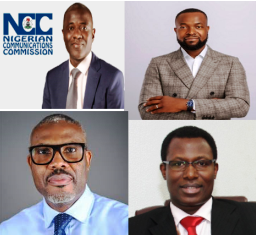ITU and Stanford University have agreed to launch a new partnership to support pilot implementations of Digital Fiat Currency (DFC), digital currency authorized and issued by a Central Bank.
The partnership will offer technical assistance to Central Banks piloting the introduction of DFC and an open forum to share lessons learnt from these pilots among Central Banks, digital currency platform providers, payment system organizations, academia, and telecoms companies. The initiative is expected to inform related international standardization work on the ITU platform.
Central Banks see both opportunities and risks in digital currency. They aim to accommodate and capitalize on digital transformation, while preserving the controls that protect the stability and integrity of national currency.
Highly developed countries are piloting DFC with a view to ensuring that their Central Banks retain authority over money management as the use of cash declines. Developing countries home to populations without access to bank accounts see considerable potential for DFC to contribute to greater financial inclusion.
The ITU-Stanford partnership will help these countries to benchmark the performance of DFC solutions. It will provide lab environments to test and compare DFC solutions and identify best practices emerging from pilot projects.
“We want to make this the ‘clearing house’ for the technology for digital fiat currency,” says David Wen, DFC Institute, Chairman of the ITU Focus Group on Digital Fiat Currency, which held its final meeting at ITU headquarters in Geneva, 12-14 June 2019.
The partnership responds to a call from the Focus Group’s participants for a new forum to continue their work.
The partnership will offer “several laboratories to test the ideas that have been developed here,” says Lawrence Rufrano, Executive Director of the Advanced Financial Technologies Lab at Stanford University.
A unifying force
Telecommunications will be the “core foundational principle” for next-generation banking regulations, says Rufrano. “The technology really can be a very strong unifying force not only in bringing the Central Banks together but also in terms of creating a basis for a whole new set of regulations.”
Active for two years, the Focus Group has analyzed questions relevant to the standardization and regulation of DFC, questions at the heart of DFC security and interoperability. Its aim has been to bring greater clarity to the foundations of DFC and its relationship with macroeconomic stability, payment ecosystems and ICT infrastructure.
“The timing of the group’s establishment was impeccable,” says Bilel Jamoussi, Chief of Study Groups, ITU Telecommunication Standardization Bureau. “As interest in the topic has grown, the Focus Group has offered Central Banks a venue to find expertise to assist their DFC investigations.”
Studies conducted over the past two years by the Bank for International Settlements (BIS) and the International Monetary Fund (IMF) – both key contributors to the Focus Group – have shown that all BIS-member Central Banks are investigating DFC. These studies also show that some 50 per cent of Central Banks have reached the stage of Proof of Concept, and that some 10 per cent have launched pilot projects.
To this point, debate around DFC has focused on retail DFC to be used domestically, explains John Kiff, Senior Financial Sector Expert at IMF.
“But we look to the next stage,” says Kiff, the next stage being cross-border DFC. “Some degree of interoperability is required, I think, for that future world.”
The aim of the Focus Group, says Kiff, has been to “build towards that future by building standardization into Central Bank digital currencies (CBDCs) so that when you move up beyond the national domestic-only CBDC that you’re ready to interoperate with other countries.”
The Focus Group’s work has been driven in collaboration by Central Banks, ICT regulators, commercial banks, financial service providers, telecom companies, security professionals, FinTech innovators, and technical and financial standards bodies.
“With the IMF [International Monetary Fund], the Bank for International Settlements and all the Central Banks especially expert in this area, I think we have gathered the most relevant information in terms of what the future of currency is going to be,” says Wen.































